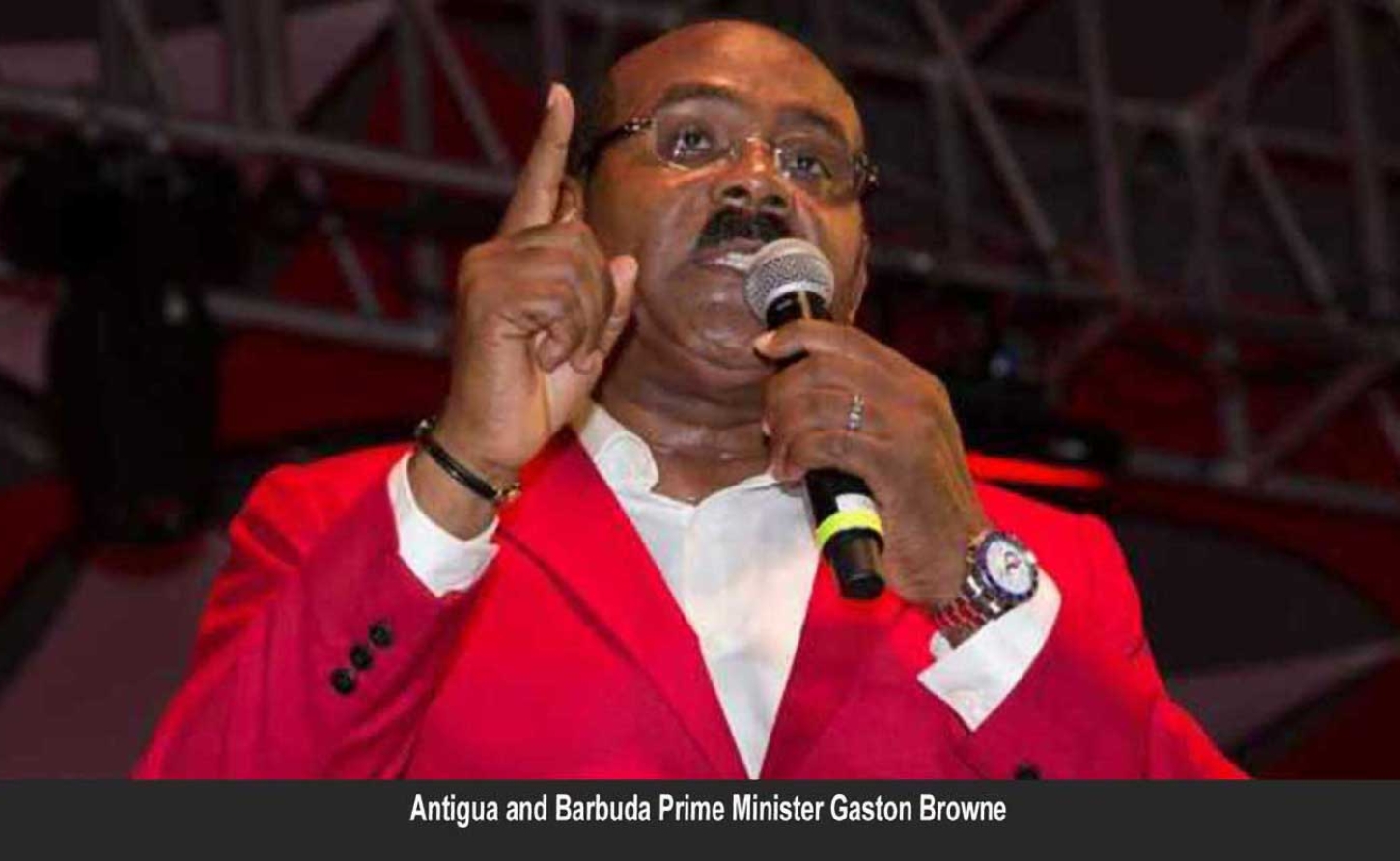ANTIGUA | Prime Minister Gaston Browne Accuses Sandals Resorts of 'Exploitative' Tax Practices

ST. JOHN'S Antigua, November 4, 2024 - In a blistering critique that has laid bare the tensions between Caribbean nations and international resort chains, Antigua and Barbuda's Prime Minister Gaston Browne has accused Sandals Resorts International of perpetuating "exploitative" financial practices that he claims drain vital tax revenue from his nation's coffers.
The dispute centers around an alleged $30 million in unpaid taxes recently assessed by the country's Inland Revenue Department—a figure that Sandals is contesting. Speaking on his the Browne and Browne show on Saturday on his party's radio station, Pointe FM, Browne painted a picture of corporate avarice that he says mirrors historical colonial exploitation.
He said most of the taxes are from the Antigua and Barbuda Sales Tax (ABST) which it collected for the government and was holding on to portions of the money.
He said of Sandals, which owns the 373 room Sandals Grande Antigua, a six-star, all-inclusive, adults-only resort, "They operate as if they're the only stakeholders, reaping huge profits while our local workers struggle," Browne declared, taking aim at what he characterized as systematic financial manipulation by the resort chain.
The Prime Minister's accusations extend beyond simple tax avoidance. He alleges that Sandals employs sophisticated accounting strategies, including the use of offshore entities, to artificially deflate their reported revenue within the jurisdiction. "They'll report only half of what they earn, claiming deductions for marketing and other expenses, ultimately paying less ABST than they should," he stated.
This latest confrontation resurrects old wounds between the administration and the resort giant. In 2016, Antigua's government severed a controversial 2009 arrangement that had permitted Sandals to retain 65% of the Antigua and Barbuda Sales Tax (ABST) collected from guests—an agreement Browne's administration later deemed "illegal."
"I thought we had been through this with Sandals already. I don't want to go down that road with them again," Browne remarked, his frustration palpable.
The Prime Minister's critique extends beyond mere financial grievances, touching on broader themes of economic justice and equitable development. "This is a colonial, exploitative model that no longer works for Caribbean nations. Our workers deserve fair pay, and our government deserves its due taxes," he asserted.
Browne's administration appears prepared to escalate the matter if necessary, suggesting the possibility of involving foreign tax authorities, including the IRS, to scrutinize Sandals' offshore financial arrangements. "If we have to collar them, we'll collar them," he warned.
The dispute highlights a growing tension between Caribbean governments' need to attract international investment and their desire to ensure such investments genuinely benefit local economies. While generous concessions—sometimes extending up to 25 years—are offered to attract hospitality giants, Browne argues that some companies abuse these benefits without adequately contributing to local development.
In what could be interpreted as an ultimatum, Browne challenged the resort chain to revise its approach: "If they can't ensure there's an equitable dispensation going forward, then take your hotel elsewhere. I'm dead serious."
The Prime Minister's vision for the future of Caribbean tourism development emerged clearly in his closing remarks. "You need to step up and I expect a brand like Sandals, that we all admire as a Caribbean brand, should feel proud that be making a significant contribution to government revenues and should feel proud that your workers can earn enough money to get a mortgage or to own a decent home a decent car not just about you expanding while others are struggling."
As of publication, Sandals Resorts International has not responded to these allegations. The dispute underscores the evolving relationship between Caribbean nations and international resort operators, as governments increasingly demand more equitable partnerships that extend beyond traditional investment models.
Sandals Resorts International (SRI) employs more than 16,500 people across eight islands. Sandals Grande Antigua is the only Sandals resort in Antigua.
SRI is the largest private sector employer in the Caribbean. The family-owned company offers training, education, and opportunities to its employees.
In the meantime, Brown who is also Antigua and Barbuda's Finance Minister, said Public sector employees are to receive an additional month’s salary in December, just in time for the Christmas season. This was in response to questions about outstanding back-pay for civil servants.
Browne noted that he had instructed the finance ministry to “find the money” necessary to provide this bonus. He indicated that this payment will partly address the back-pay owed to public servants as part of a 14% salary increase implemented nearly two years ago.
Its understood that the Browne administration has been finding it difficult to pay outstanding salaries for civil servants.
-30-
